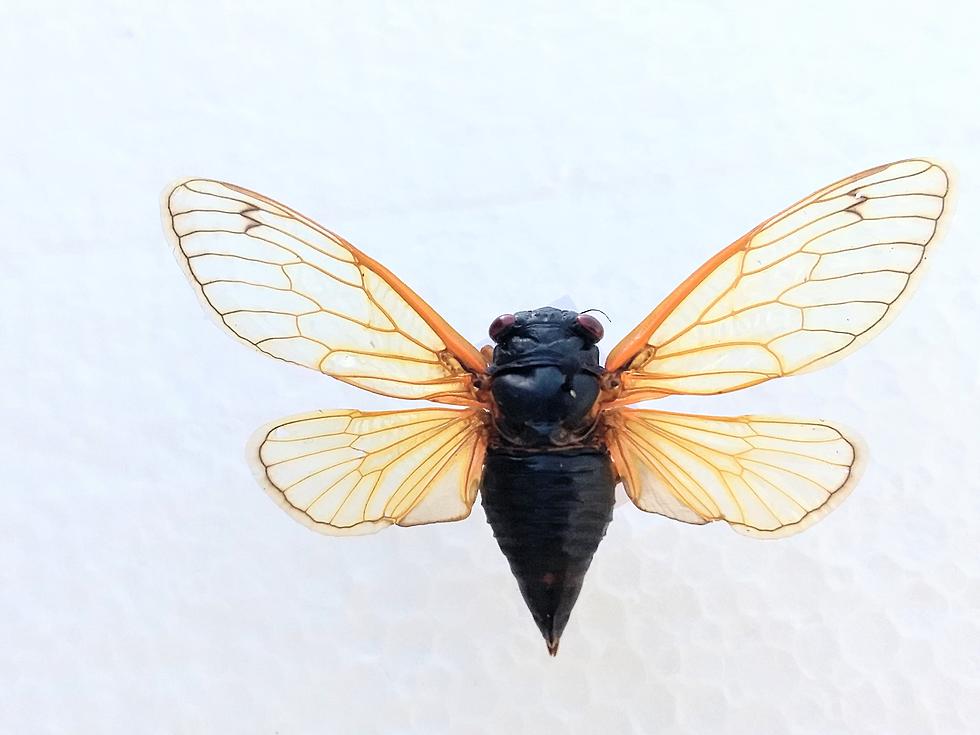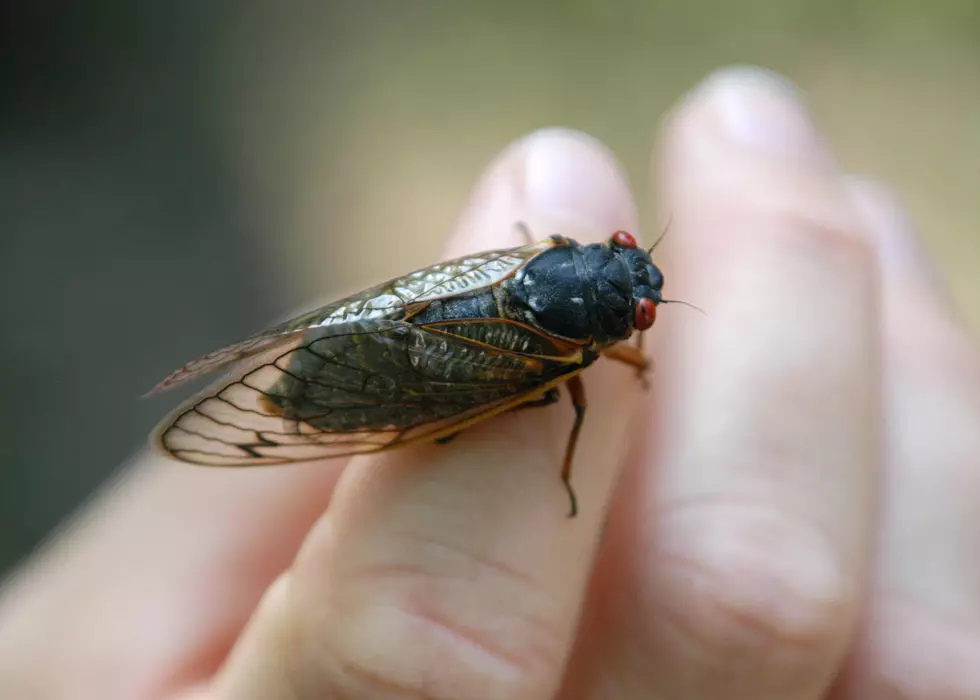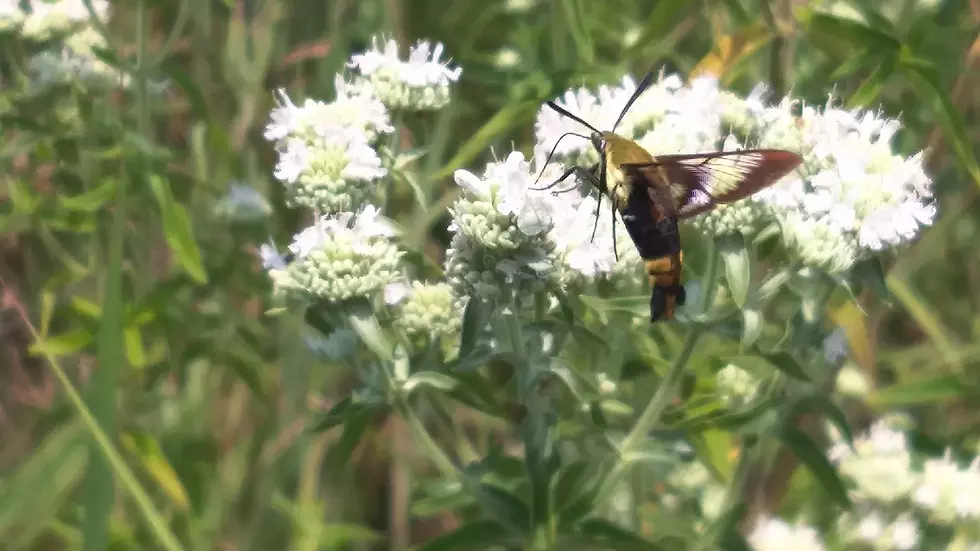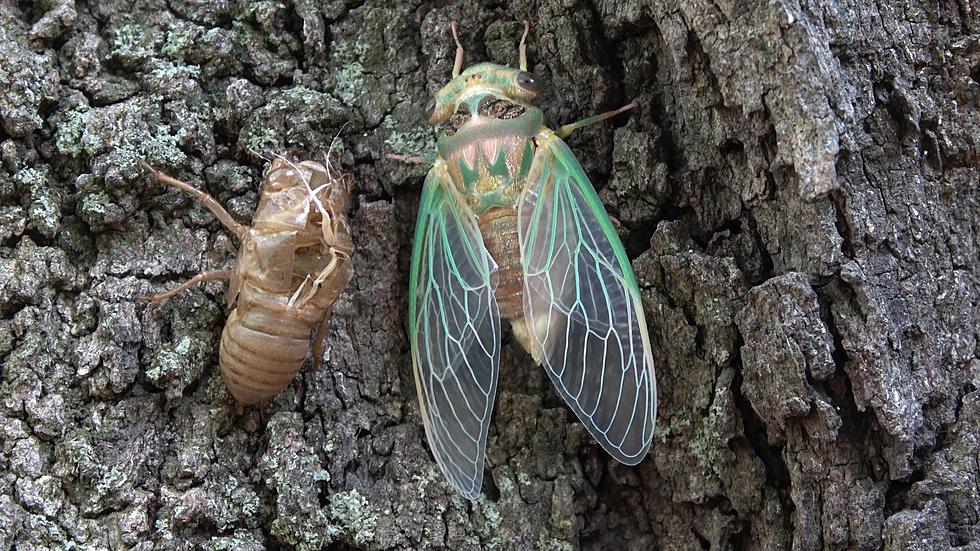
Cicadas Are Coming, But Not To Missouri
Periodical cicadas are coming in 2021, but probably not to Missouri.
University of Missouri Extension horticulturist Tamra Reall says Missourians may see some straggler cicadas from other states but not the massive swarms of noisy insects that more eastern states will see. The next brood to emerge in Missouri will not appear until 2024.
Periodical cicadas, as opposed to their larger annual counterparts, emerge every 13 or 17 years in late May to early July.
Cicadas are noisy and overwhelming. But they are also magical, says Reall.
“They are magical because of how rarely they emerge. Their scientific genus reflects this – Magicicada,” says Reall, who has a background in entomology. “Just take time to reflect on the cool factor.”
This heavy-bodied insect features large, red compound eyes and membranous wings. Adults are an inch long and have a 3-inch wingspan.
While some find them annoying, periodical cicadas are mostly harmless, Reall says. They might damage young trees when the female deposits her eggs into small stems. Prevent this by covering with cheesecloth or mosquito netting. Generally, healthy trees will do fine without chemical treatment, she says.
Before they emerge, periodical cicadas may build earthen chimneys or towers that extend 2-4 inches above the soil surface. Soon after they emerge, the males make their shrill, rhythmic mating call from dawn to evening. The volume increases as the temperature rises.
Though sometimes confused with locusts, which are a type of grasshopper, periodical cicadas are more closely related to leafhoppers and aphids. They emerge in such large numbers that predators cannot eat all of them.
For more information:
“Periodical Cicadas in Missouri” (MU Extension publication G7259), extension.missouri.edu/g7259.
“Periodical cicada Brood X (10) will emerge in 15 states in 2021,” CicadaMania.com.
LOOK: Here Are 30 Foods That Are Poisonous to Dogs
More From AM 1050 KSIS









